Premium Only Content
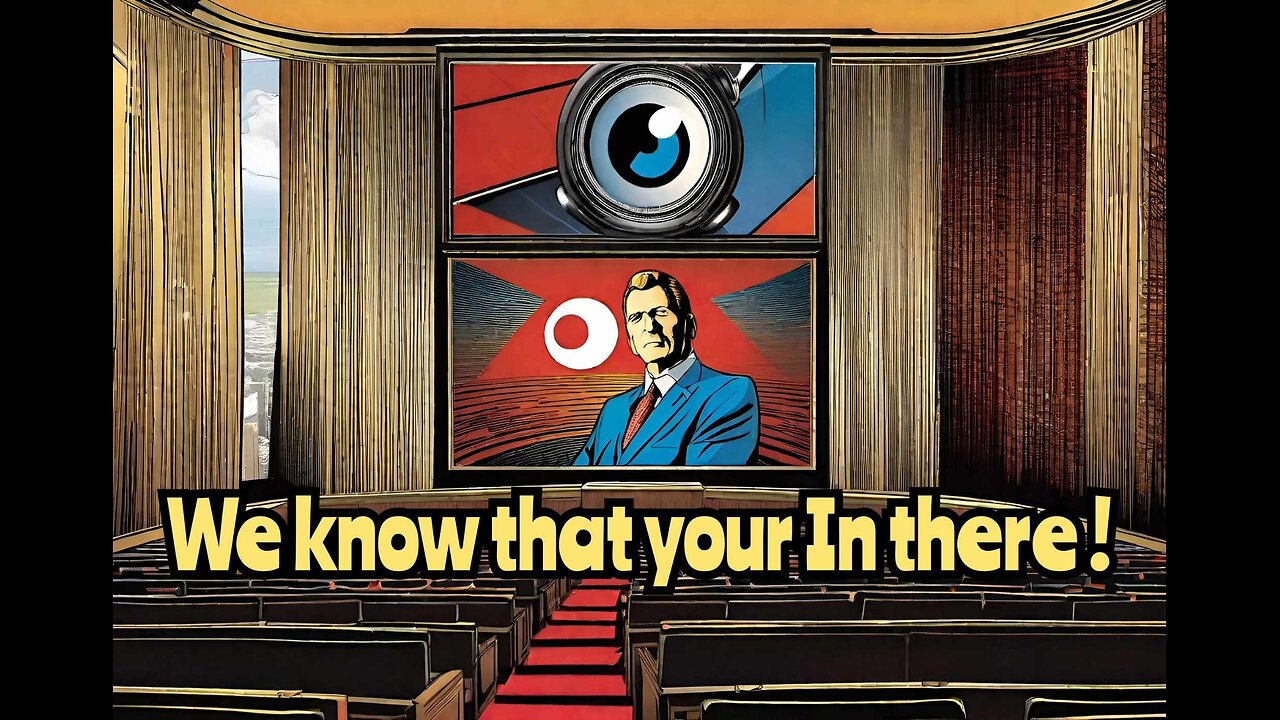
Censorship Canadian Dictatorship , AI to take over the World, Black Swan Financial Crisis Ahead
"1984" by George Orwell is a classic dystopian novel that explores the dangers of totalitarianism, surveillance, and censorship. Published in 1949, Orwell's work remains relevant today for its insightful commentary on the abuse of power and control over information.
In "1984," the government, led by the Party and its enigmatic leader Big Brother, employs various mechanisms to control and manipulate its citizens. One of the most prominent tools is the alteration of historical records and the control of language, as seen through the development of Newspeak. Newspeak is a language designed to diminish the range of thought and eliminate words that could be used for subversive thinking.
Censorship in "1984" goes beyond mere suppression of information; it involves the active rewriting of history and the manipulation of language to shape the way people think. The Ministry of Truth, ironically named, is responsible for rewriting historical documents to fit the Party's current narrative. The concept of doublethink, where citizens accept contradictory beliefs simultaneously, is a chilling illustration of the government's control over the minds of its people.
The novel also introduces the Thought Police, who monitor citizens for any signs of dissent or unorthodox thoughts. The fear of constant surveillance leads to self-censorship, as individuals become wary of expressing any ideas that might be deemed rebellious or contrary to the Party's ideology.
Orwell's portrayal of censorship in "1984" serves as a warning about the dangers of unchecked government power and the manipulation of information. The novel remains a powerful reminder of the importance of safeguarding free expression and maintaining a vigilant society that resists attempts to control thought and truth.
George Orwell, 1984, dystopian fiction, totalitarianism, censorship, surveillance, Big Brother, Newspeak, doublethink, Ministry of Truth, Thought Police, freedom of expression, thought control, political fiction, social commentary, literature, classic novels, cautionary tales, propaganda, control of information, manipulation, authoritarianism, literary analysis, speculative fiction, individual freedom, power dynamics, government oppression, societal warnings, literary classics, mind control, resistance.
-
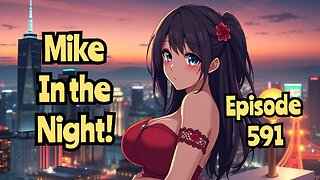 3:19:43
3:19:43
Mike Martins Channel
8 days ago $2.01 earnedMike in the Night! E591 - Why Canada needs a kick in the teeth, Why Trump Really wants Canada, Elon was a Democrat remember that folks, Next Weeks News Today !, Call Ins, Headlines
2.65K44 -
 LIVE
LIVE
Alex Zedra
6 minutes agoLIVE! Come hang!
241 watching -
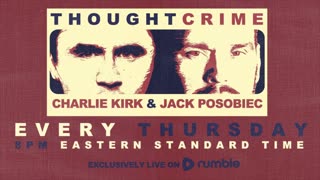 LIVE
LIVE
The Charlie Kirk Show
26 minutes agoTHOUGHTCRIME Ep. 72 — Self-Sterilizing Libs? 2032 Armageddon? Worst Super Bowl Ever?
2,627 watching -
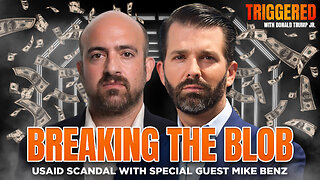 1:14:02
1:14:02
Donald Trump Jr.
6 hours agoThe USAID Truman Show, Interview with Mike Benz | Triggered Ep.214
94.1K138 -
 34:24
34:24
Kimberly Guilfoyle
7 hours agoFaith, Fairness, and a Better Future: Live w/ Joy Pullmann & Elizabeth Mitchell | Ep.194
98K24 -
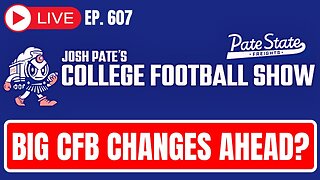 DVR
DVR
Josh Pate's College Football Show
5 hours ago $0.19 earnedBig CFB Changes Coming | DeBoer Fixing Alabama | Signing Day Reaction | OhioSt vs Michigan Shift
6.97K -
 59:39
59:39
The StoneZONE with Roger Stone
1 hour agoEXCLUSIVE: James O'Keefe Talks to Roger Stone About Dropped Charges Against Him | The StoneZONE
7.76K -
 LIVE
LIVE
megimu32
1 hour agoON THE SUBJECT: Comedian LOSES It At Heckler!
217 watching -
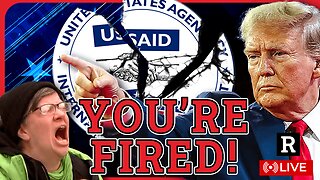 1:17:13
1:17:13
Redacted News
5 hours agoTRUMP IS BURNING IT ALL DOWN AND DEMOCRATS WANT HIM IMPEACHED AGAIN, USAID ROT GOES DEEP | Redacted
142K326 -
 52:23
52:23
Candace Show Podcast
5 hours agoUPDATE! Taylor Swift Goes Full Dragon Against Blake Lively | Candace Ep 144
110K172